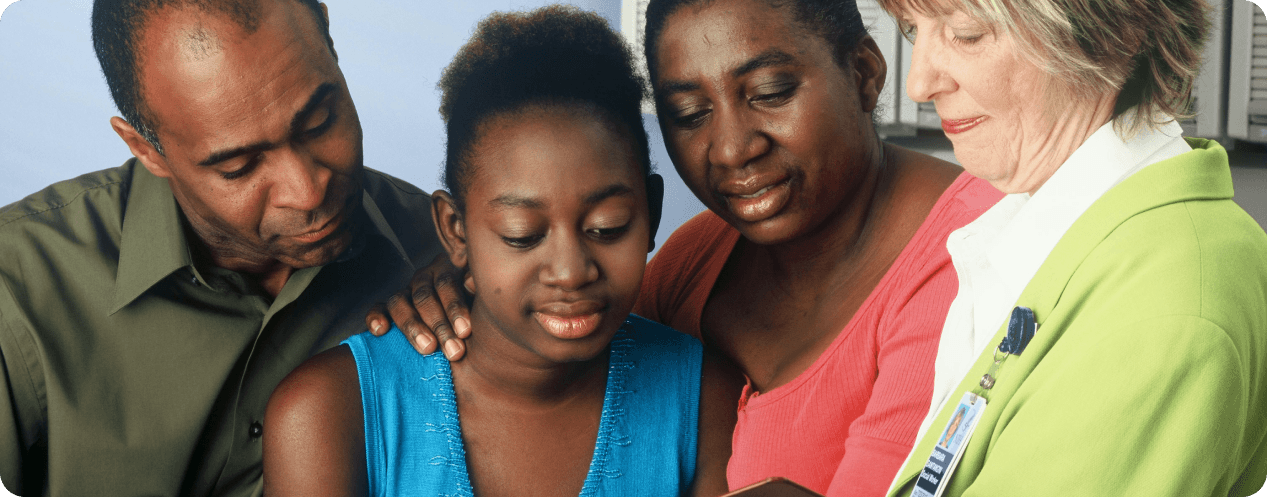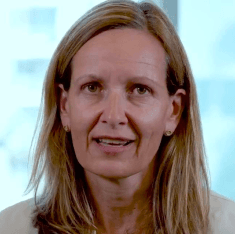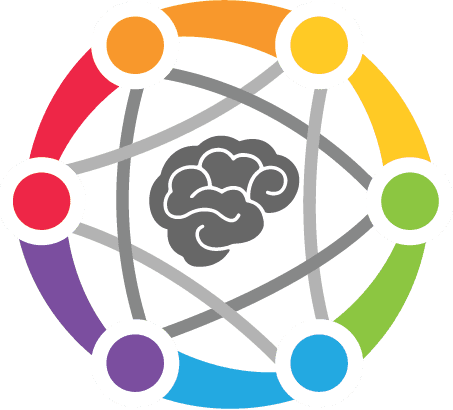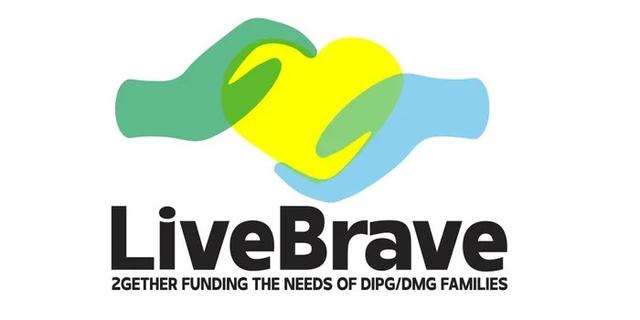First Steps After a DIPG DMG Diagnosis
When facing DIPG DMG you are undoubtedly looking for that one answer to be the sure cure. We wish it existed today. Using these best practices for the newly diagnosed may help put you on the right track.

When you receive a DIPG or DMG diagnosis, knowing what to do next can feel impossible. You research trials, read information on various institutional websites and discuss options with your care team, but you are still unsure of the best course of action. While there is no magic right answer, we hope this helps as you plan out your next steps. You are your loved one’s best advocate and you will often have more information than local providers who may see very few DIPG DMG patients. With these resources, you’ll find clinical trials and complementary care which may help your loved one. Become informed and gather your care team to help you.
Standard of Care
It is important to learn more about the 60+ year-old standard of care for DIPG DMG upon diagnosis. You will want to investigate the pros and cons of steroids, as well as choices in the types and amounts of radiation. The standard of care for DIPG DMG is 30 rounds of radiation delivering 54-59 gy over six weeks. It is believed, by consensus of clinicians at centers of excellence, that radiation therapy increases life expectancy by several months. Radiation can also cause inflammation around the tumor, the symptoms of which can be controlled by prescribing a steroid called dexamethasone. More detailed information on patient experience, side effects, radiation, steroid use and alternatives, and relevant published research can be found in the Tough2gether Online Community. Additionally, My DIPG Navigator nurses stay current on these subjects.
Best Practices
Dr. Mueller, MD PhD published best practices for newly diagnosed DIPG DMG patients. The best practices are in agreement with the consensus of leading clinicians at the centers of excellence and the DIPG DMG National Brain Tumor Board. They continue to be the best general advice upon diagnosis. You can view a copy of the best practices and the full published article, and listen to Dr. Mueller explain these best practices at the links below.
Biopsy
A biopsy can provide information about the tumor that can be used to evaluate precision medicine clinical trials. You will need to decide quickly with your doctor whether or not to biopsy the pons. Typically your loved one will begin the standard of care radiation protocol as soon as the biopsy incision heals. You might feel paralyzed or afraid to make the wrong decision, which is understandable. These are big decisions with seemingly no perfect answer. My DIPG Navigator will connect you with a nurse who can help answer your questions and guide you on what to ask your doctor. Within the Tough2gether Online Community there is information on types of biopsies, what to request from the biopsy and how to best preserve tumor tissue to be available for clinical trial. If your loved one has DMG, a resection of the tumor outside the pons may be recommended, from which information to evaluate clinical trials will be collected.
Using xINFORM
Armed with your biopsy results and MRI images, enrolling in xINFORM will allow you to compare your loved one’s biopsy and imaging data with others, including those with DIPG DMG and with published research relevant to your tumor attributes. This information can help guide your decisions, including which clinical trial to enter, alternatives to steroids and complementary care to consider. By enrolling in xINFORM, you will receive a report of relevant published research and clinical trials specific to your tumor attributes, and have access to a data navigator for discussion.
DIPG DMG National Brain Tumor Board
Using the DIPG DMG National Brain Tumor Board can provide valuable perspective for your decisions. Members of this board are leading neurooncologists, neuroradiologists, neurosurgeons and genomics experts from many centers of excellence who are leading clinical trials themselves and are aware of recent relevant research to give perspective for your decisions. The board will meet with your provider and create a written report for you.
Centers of Excellence
DIPG DMG Centers of Excellence are hospitals that specialize in caring for children or adults with DIPG and DMG, including access to clinical trials and specialists that will be involved in your loved one’s care. If you are able, adding a center of excellence to your care team will help ensure that you have the most up-to-date treatment options and information.
Clinical Trials
Anything your loved one does for treatment after the Standard of Care will be a clinical trial or palliative care. Clinical trials cannot guarantee your loved one will have greater quality of life or longer life, but they are designed to test whether the treatment will do just that. All clinical trials are listed at Clinical Trials.gov, but the site can be daunting. My DIPG Navigator stays current on the clinical trials open and enrolling for DIPG and DMG. Additionally, xINFORM will provide those relevant to your tumor and the DIPG DMG National Tumor Board will recommend those for which your loved one is eligible. Should you want to hear the experience of parents or patients in the clinical trials, Tough2gether Online Community is evolving with content on clinical trial experiences and suggestions. This is the hardest choice for many, as you do not want to miss out on clinical trials which may hold promise, but there is not a clear path for which to enter. With these resources you’ll have the most well-rounded information to make your choice.
Advocate for your Loved One
Most importantly, know that you are your loved one’s best advocate and often you will be making decisions with more information than your local provider. There is not time to wait. Become informed and gather the team to help and guide you now.
Resources to Help In Your Next Steps

My DIPG Navigator
Connect with nurses with years of experience in pediatric oncology to help you better understand the diagnosis and treatment options, connect you to the proper resources you need, and support you throughout your fight.

Dr. Mueller Explains Best Practices
Hear Dr. Mueller explain by video the Best Practices for Newly Diagnosed, which are updated annually by the DIPG DMG National Brain Tumor Board.

xINFORM
xINFORM stands ready with a well-recognized system to compare your patient data, as you receive it, with other DIPG DMG patients’ data and published research relevant to your tumor. Use xINFORM to assist in the decisions for treatment you will make.

DIPG DMG National Brain Tumor Board
Receive a second opinion for treatment unique to your tumor from a national panel of leading pediatric neuro-oncologists, neuroradiologists, genomics experts, and neurosurgeons selected from centers of excellence across the country.

Tough2gether Online Community
During your fight, you may want to connect with other families going through this battle, learn what resources other parents found helpful or share those helpful to you. Join a private DIPG DMG community founded by DIPG DMG parents.

Centers of Excellence
DIPG DMG centers of excellence are hospitals that specialize in caring for children or adults with DIPG and DMG, including access to clinical trials, specialists to guide your loved one’s care, and knowledge of side effects to be treated with complimentary care on the cutting edge of research.

CBTN
Children’s Brain Tumor Network is a federated data and tissue repository partnering with centers of excellence throughout the world to receive patient data and tissue of pediatric brain tumor patients. By collaborating, researchers using CBTN data can often accelerate discoveries in their work for a cure.

Live Brave 2gether
We know that in addition to worries about your family member, there are financial worries that accompany a diagnosis of DIPG or DMG. Live Brave 2gether is founded by families who understand and help find options to relieve the inevitable financial strain.